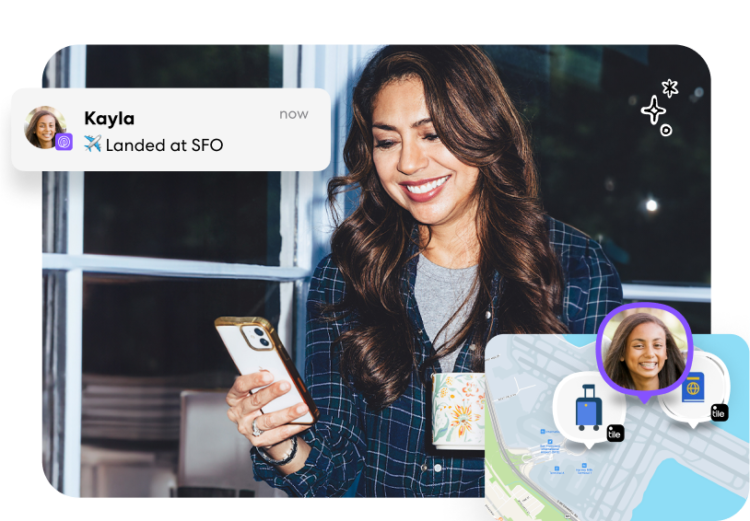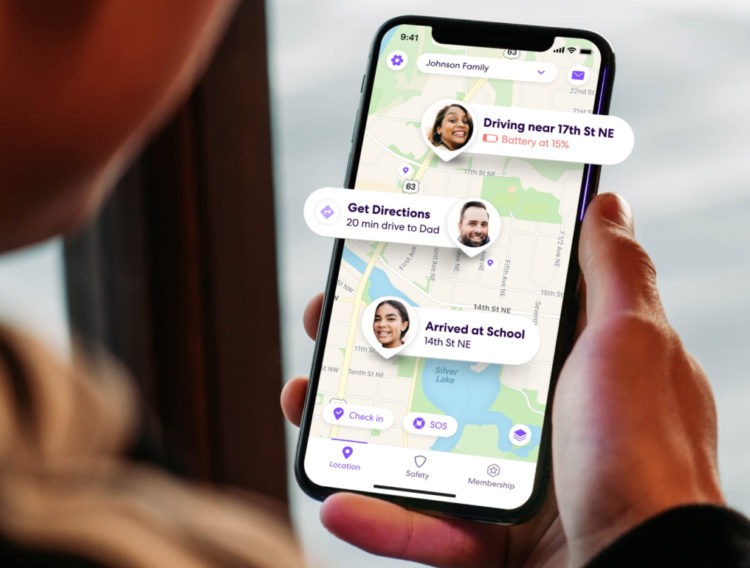Scroll safely: Avoid the top COVID-19 digital scams.

Researching and finding information online can often help put us all at ease during these unprecedented times. But some scammers know it — and they’re capitalizing on COVID-19. Fortunately, it’s easy to protect yourself when you know what to look for.
To help, we’ve partnered with IdentityForce, the #1-rated identity theft protection provider, to keep your family’s digital info safe. We’ve put together a list of the top COVID-19-related digital scams so you can steer clear of anything shady and scroll with confidence.
Fake websites
Keep an eye out for fake websites that may try to collect your credit card, address, and medical information by pretending to request donations, sell face masks and other protective supplies, or offer important information related to COVID-19. Until you can confirm a site is legit, avoid entering any of this info.
If you think you entered your info into one of these sites, don’t panic. Report any false purchases to your credit card immediately and keep a close eye on any explanation of medical benefits you receive to make sure they’re real.
Phishing and vishing
Emails, texts, and voicemails with alerts may actually be scams. If phone calls request your personal or medical information, just hang up. Avoid clicking suspicious links that might contain malware — software that’s specifically designed to damage or gain access to your computer. Be on the lookout for emails that:
- Insist you act now
- Include a request for personal, financial, or medical information
- Direct you to open attachments and click on links
- Start with a generic greeting
- Have spelling and grammatical errors
Spoofed government and health organization communications
Be wary of direct messages from government and health organizations like the World Health Organization (WHO) and Centers for Disease Control and Prevention (CDC), as they’re not likely to reach out to individuals. Some of these fake messages ask you to visit a “protected” site to view safety tips — which requires you to set up an account with your personal info. Others may try to trick you to open attachments, or send you to fake websites asking for financial details. One example of this is a call, text, or email requesting your personal information to receive your $1,200 stimulus check. Avoid giving your bank account number, PayPal, Social Security number, or any other personal information to any of these sites.
Always make sure to check facts directly from legitimate government organizations, like:
- Centers for Disease Control and Prevention (CDC) – https://www.cdc.gov/
- World Health Organization (WHO) – https://www.who.int/
- U.S. Food and Drug Administration (FDA) – https://www.fda.gov/home
- Federal Trade Commission (FTC) – https://www.consumer.ftc.gov/
- U.S. Securities and Exchange Commission (SEC) – https://www.sec.gov/investor/alerts
Miracle cures or vaccines
At this time, the Federal Trade Commission (FTC) and the U.S. Food and Drug Administration (FDA) warn there are “no vaccines, pills, potions, lotions, lozenges, or other prescription or over-the-counter products available to treat or cure coronavirus.” Make sure not to trust unsolicited messages that promise a cure. Additionally, miracle health claims — health-related products and treatments that promise quick cures — are not only dangerous and ineffective, but can also be used to commit medical identity theft. Make sure all medical advice and treatment is directed by a medical professional.
Fake job postings
People are job hunting, which means fake job postings are on the rise. These are created to trick job seekers currently unemployed or forced to take time off during COVID-19. There are two different fake postings you might see:
- Coronavirus “relief charities”: A fake “non-profit organization” you apply to, which asks for your own account to process donations made to the charity. They then transfer the money into their own account, which makes you liable for money laundering.
- “Crisis-related medical work”: Fake job listings for growing needs in the medical community due to COVID-19. These may ask for your Social Security number or bank account information.
Travel scams
You may have noticed flight and cruise deals. But just remember that if an offer seems too good to be true, it might be. Here’s how to make sure you’re actually booking that dream trip:
- Book directly through an airline or hotel website
- Look at the company’s cancellation policy before you submit payment
- Read the fine print in the travel insurance policy
For additional information on how to protect yourself against digital scams, visit IdentityForce.


